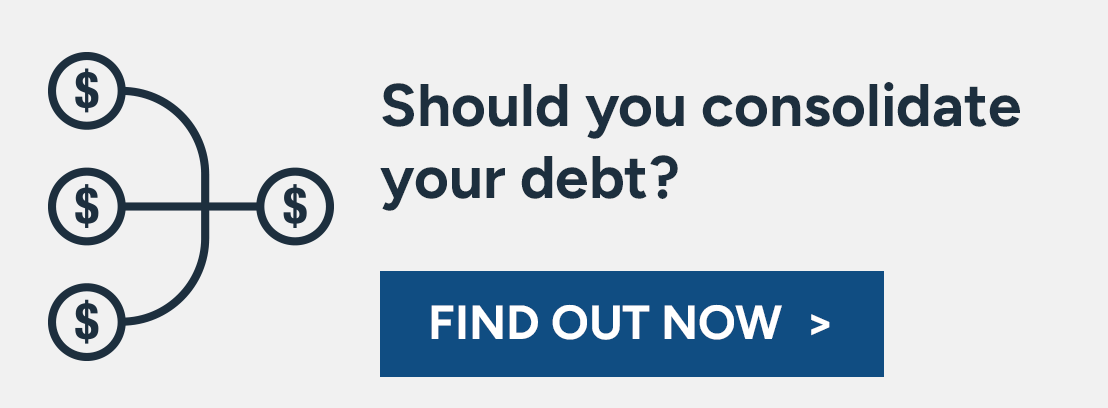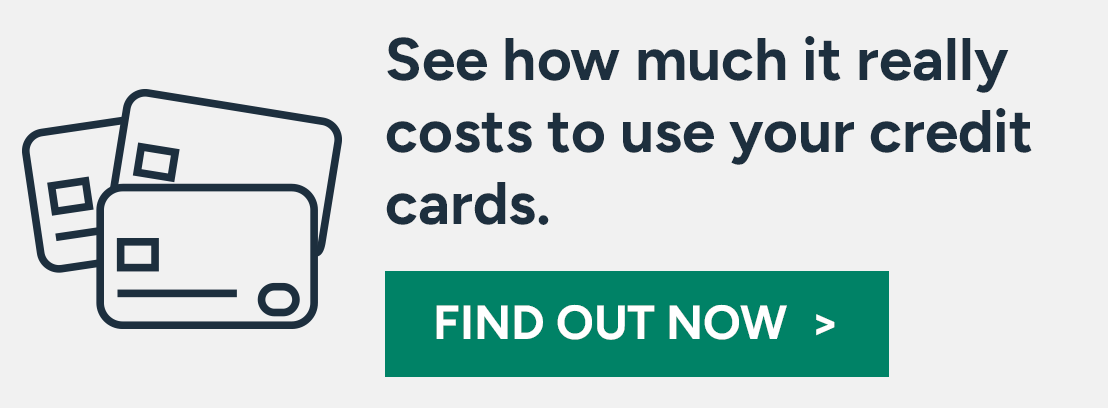 Choosing a debt management plan over debt settlement often results in less harm to your credit score and offers a more structured pathway to becoming debt-free.
Choosing a debt management plan over debt settlement often results in less harm to your credit score and offers a more structured pathway to becoming debt-free.
Choosing a Way Out of Debt
Tackling overwhelming debt can be a complex and daunting task. For many consumers, the first step towards a sound financial future is determining the most effective debt-relief strategy. Two common approaches are a Debt Management Plan (DMP) and Debt Settlement. These strategies may seem similar on the surface, but they differ substantially in their mechanisms, implications, and suitability for different financial situations.
Debt Management vs. Debt Settlement: How Do They Work?
A Debt Management Plan (DMP) involves working with a credit counseling agency to consolidate your unsecured debt into one monthly payment that you can afford. These agencies also negotiate with your creditors to reduce interest rates or waive fees. Under a DMP, you’re still responsible for repaying the full amount of your debt, but over a more manageable time frame and potentially at a lower interest rate.
On the other hand, Debt Settlement involves negotiating with your creditors to pay less than what you owe. Typically facilitated by a debt settlement company, this strategy often requires you to stop paying your creditors and instead deposit money into a special account. Once a significant amount has been saved, the company attempts to negotiate a lump-sum payment with your creditors.
See if Credit Counseling is Right For You!Pros and Cons
Understanding the two options fully by assessing their pros and cons is a good way to find out what suits your needs best. Is debt settlement bad? Is one option superior to the other? What factors would impact the success of each path? These are all valid questions that need to be thoroughly assessed before choosing your option.
Debt Management Plan (DMP) Pros:
- No need to default on your debts, thus preserving your credit rating.
- Potential to reduce interest rates and fees, making your debt more affordable.
- Single monthly payment makes managing debts simpler.
Cons:
- It usually takes longer to pay off debts.
- You must have a steady income to maintain the agreed-upon monthly payments.
- It may not cover all types of debt (like secured debt).
Debt Settlement Pros:
- Can significantly reduce the total amount owed.
- Might offer quicker relief from debt if successful.
Cons:
- Requires you to default on your debts, seriously damaging your credit score.
- Creditors may not agree to a settlement offer.
- Tax implications – forgiven debt can be considered taxable income.
- Not all debts are eligible for settlement.
Debt Management vs Debt Settlement – A Direct Comparison:
| Aspect | Debt Management Plan (DMP) | Debt Settlement |
| Objective | Consolidate multiple debts into one monthly payment and reduce interest rates | Negotiate with creditors to pay less than what is owed. |
| Approach | Work with a credit counseling agency that negotiates on your behalf to modify terms with creditors. | Typically stop paying creditors and save up a lump sum for a settlement, facilitated by a debt settlement company. |
| Payoff Time | Generally takes longer (3 to 5 years on average) to completely pay off debts. | Time can vary, but if successful, can potentially offer quicker relief from debt. |
| Impact on Credit Score | Generally neutral or positive, provided all agreed payments are made on time. | Often significantly negative, as it involves deliberately defaulting on your debts.. |
| Cost | Usually includes small setup and monthly fees paid to the credit counseling agency. | Debt settlement companies typically charge a percentage of the enrolled debt or a percentage of the debt reduced. |
| Tax Implications | None. You are repaying your debt in full, just over a longer time frame.. | Forgiven debt may be considered as income and could be taxable.. |
| Creditor Involvement | Creditors agree to the restructured payment plan. | Creditors are not obligated to accept a settlement offer and may choose to take legal action instead. |
| Coverage | Primarily focuses on unsecured debts like credit cards and does not typically include secured debts like mortgages.. | Not all debts are eligible for settlement. Most focus on unsecured debts, and some creditors may not negotiate. |
| Financial Discipline | Requires commitment to a structured, long-term payment plan. | Requires discipline to make regular deposits into the settlement account, even while collection attempts continue. |
Debt Management vs Debt Settlement – Making an informed decision
Expert ACC Advice
If you’re trying to decide between a debt management plan and debt settlement, it’s a good idea to talk to a money expert. This is where American Consumer Credit Counseling (ACCC) can assist you. As a nonprofit group, we offer free chats with trained credit counselors to look at all the ways you can get out of debt. They can answer questions like, “What is the purpose of debt settlement?” and “How much can debt settlement damage my credit score?” No matter what you choose, we can point you towards helpful resources and tools to learn how to stay debt-free in the future. Get in touch with us to find out.
Conclusion
While both a Debt Management Plan and Debt Settlement can provide pathways out of debt, they represent different approaches, each with its distinct benefits and drawbacks. The choice between the two depends on your financial circumstances, including your income, total amount of debt, and the types of debt you owe.
It’s crucial to consider the long-term impacts on your credit score and financial health. While debt settlement might seem attractive because of the potential to reduce the total debt, the damage to your credit score and potential tax implications can be significant. A DMP, on the other hand, can be a slower but steadier and less damaging route out of debt.
As with any major financial decision, it’s recommended to seek advice from financial professionals or credit counseling agencies to understand which option is best for your specific situation. Whichever route you choose, the most important step is taking action towards reclaiming your financial independence.
 Choosing a debt management plan over debt settlement often results in less harm to your credit score and offers a more structured pathway to becoming debt-free.
Choosing a debt management plan over debt settlement often results in less harm to your credit score and offers a more structured pathway to becoming debt-free.


